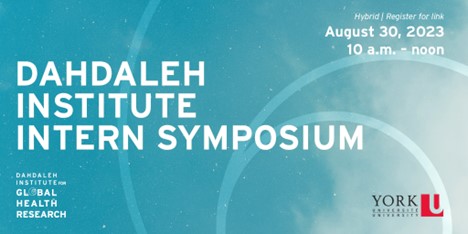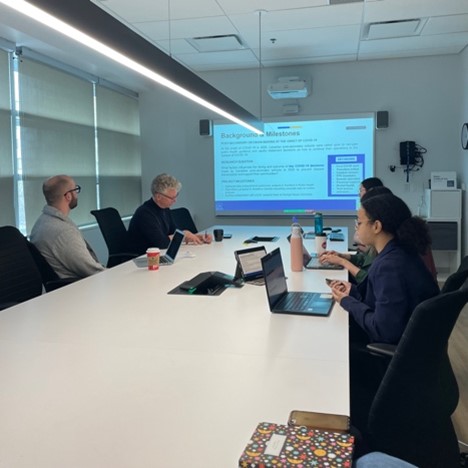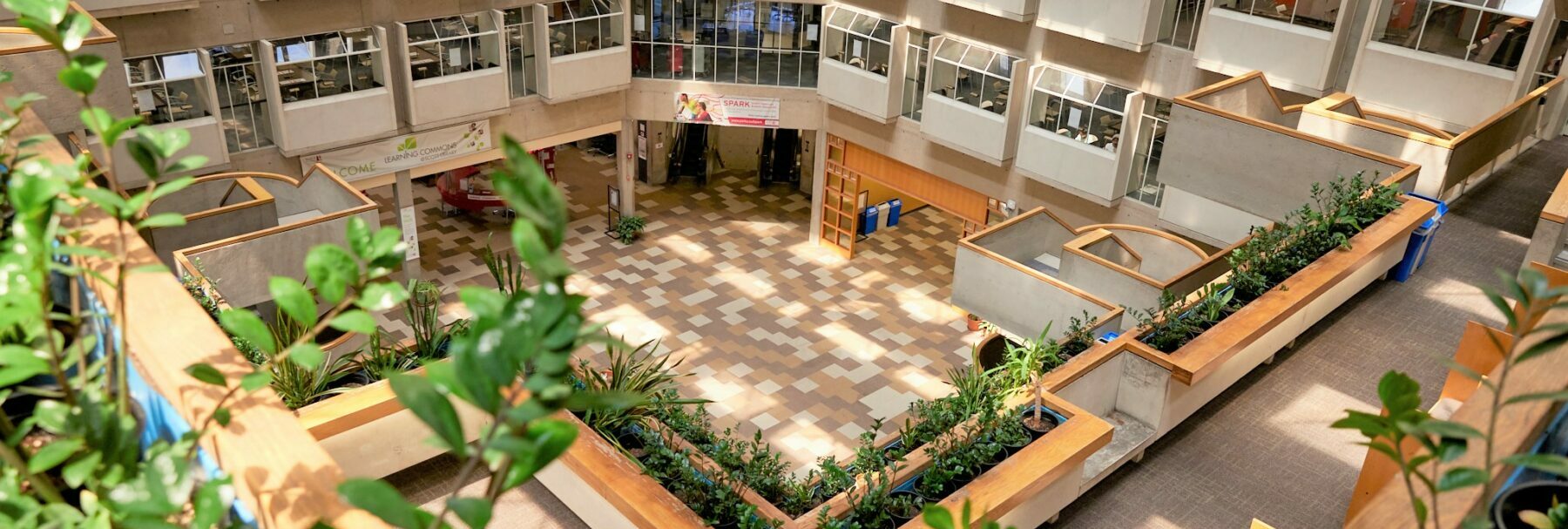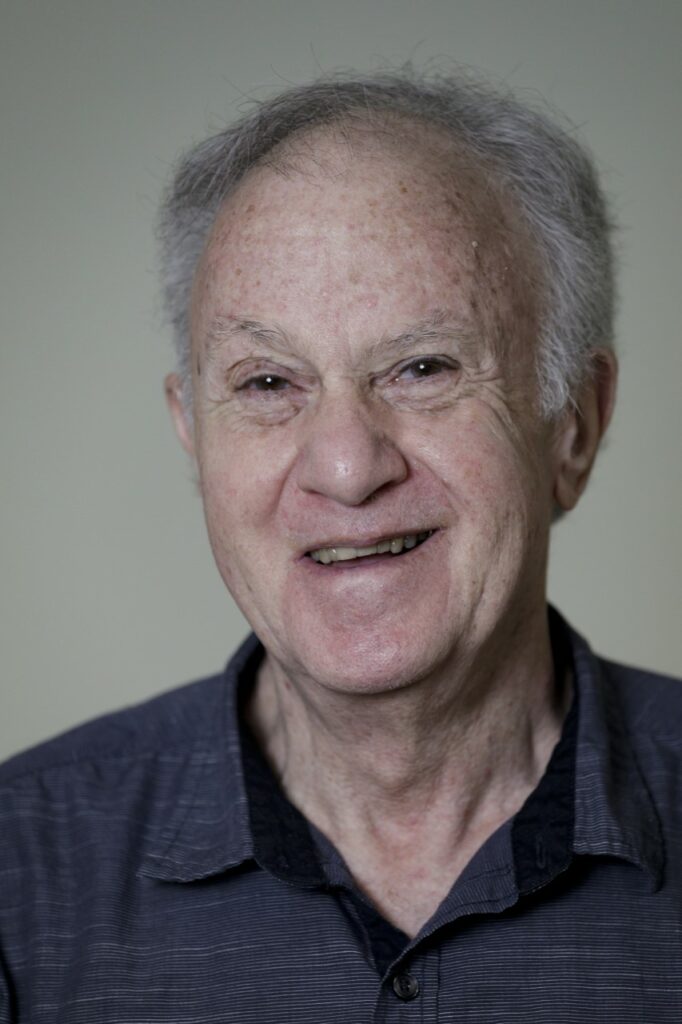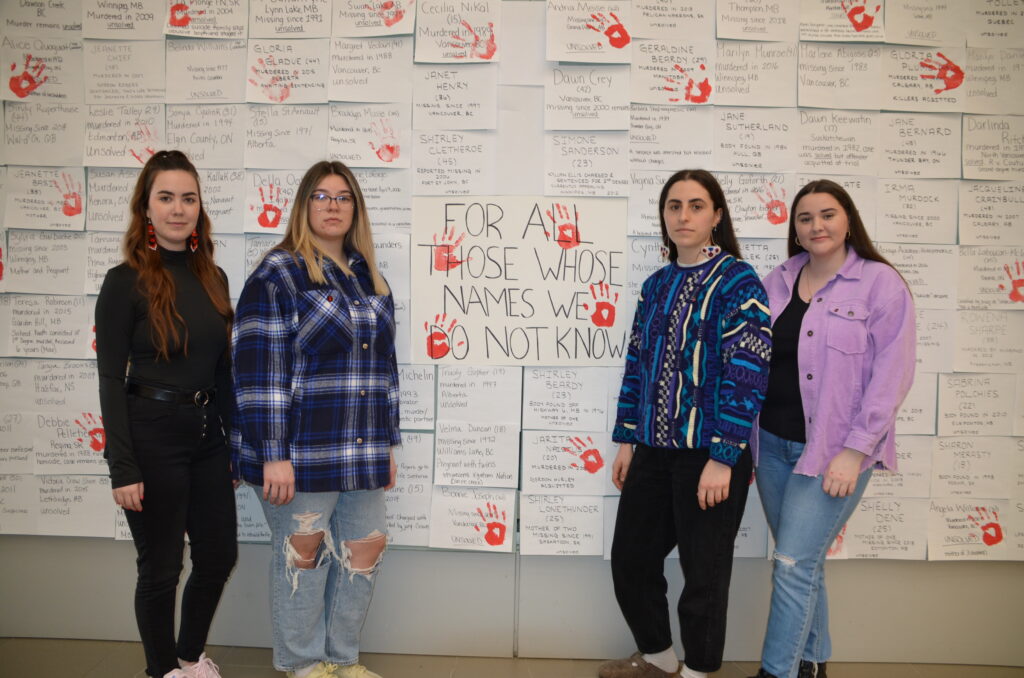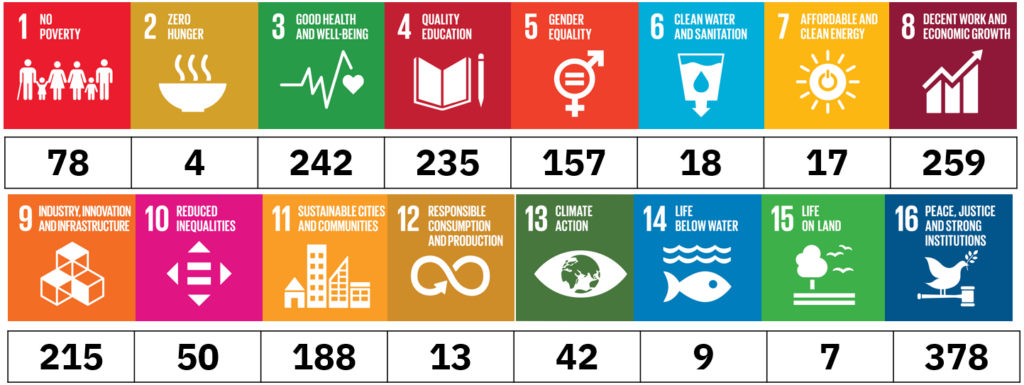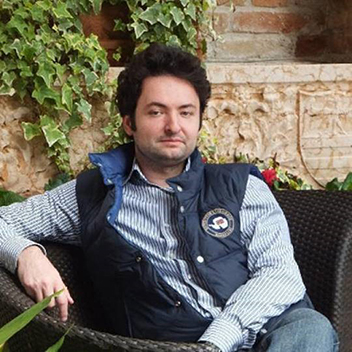The Dahdaleh Institute for Global Health Research at York University continues its 2022-23 Seminar Series with four events planned for January and February.
All talks will be delivered in hybrid format. Everyone is welcome. Attendees will join global health leaders, researchers, practitioners and students and during the series, and will have an opportunity to learn about the important collaborative and transdisciplinary research happening at the Dahdaleh Institute (in the thematic research areas of Planetary Health, Global Health & Humanitarianism, and Global Health Foresighting).
The schedule of events and full details are available online.
Wednesday, Jan. 25, 1 to 2 p.m.
How to Influence Public Policy … What Happens When You Leave the Room? with Jean-Jacques Rousseau
Public policy is about making the world better. However, this only happens when policymakers consider all relevant points of view.
After defining some key terms, the discussion will focus on how scientists and other technical experts should engage government for maximal positive impact. Drawing from his varied policy experiences in both Canada and Haiti, Jean-Jacques Rousseau will provide tips on how to advocate for policy change. The key takeaway is that, while science is necessary, it is not sufficient in making a positive impact in the policy realm. This is true even in areas like pandemic preparedness where science is predominant.
Rousseau is a philosopher of science, innovation policy expert, and serial entrepreneur. He is passionate about innovation for impact and committed to unlocking the value of AI for positive change.
Wednesday, Feb. 1, 1 to 2 p.m.
Global Environmental Changes, Resource Insecurity and Health Outcomes, with Godfred Boateng
Global environmental changes have become critical determinants of health affecting the most vulnerable populations in poor resource settings. These environmental changes produce effects such as resource insecurity, greater poverty and deprivation, the spread of new and recurring infectious diseases, and poor health outcomes, which create an existential humanitarian crisis requiring an anticipatory approach instead of a reactionary one.
In this presentation, Godfred Boateng – assistant professor at the School of Global Health, director of the Global and Environmental Health Lab, and a Faculty Fellow at the Dahdaleh Institute for Global Health Research at York University – will highlight some of the key components of his research program in Global Health and Humanitarianism.
Drawing from quantitative data collected from Kenya, Ghana, and Malawi, Godfred will show the prevalence and deleterious consequences of resource insecurity among households in informal settlements. Through this presentation, he will show the significance of being able to measure and quantify the different forms of resource insecurity, the different pathways by which components such as food, water, energy, and housing insecurity can enhance our understanding of vulnerabilities faced by underserved populations, and the relationship of his research outcomes to several of the Sustainable Development Goals.
Wednesday, Feb. 8, 1 to 2 p.m.
Methodologies for Co-Designing Community Responses in Sierra Leone, with Megan Corbett-Thompson, Jessica Farber, and Osman Sow
In this presentation, Megan Corbett-Thompson, a CommunityFirst Fellow co-sponsored by the Dahdaleh Institute for Global Health Research and the SeeChange Initiative, will reflect on the importance of applying participatory methodologies that enable the effective involvement of community members to respond to the health challenges identified by communities. Together with Jessica Farber of See Change and Osman Sow, a paediatric and neonatal clinical officer, Corbett-Thompson will examine the context of building effective solutions to humanitarian health crises in Sierra Leone.
Wednesday, Feb. 22, 1 to 2 p.m.
The Orthodox Legal and Policy Framework Governing the Harm of Displacement and NATO’s Policy for the Protection of Civilians 2016, with Sarah Khan
In 2022, the Internal Displacement Monitoring Centre (IDMC) estimated that 59.1 million persons remain internally displaced (53.2 million due to conflict), and the UN Refugee Agency (UNHCR) estimates that 27.1 million are displaced across international borders as refugees. The highest figure of displacement on record since record keeping began.
This research examines the existing orthodox International Legal and Policy Framework regulating the harm of displacement in contemporary crisis situations. It queries whether the “harm of displacement,” as envisaged in this orthodox framework sufficiently captures the scale, gravity, and multi-faceted nature of this harm. The research hypothesizes that the failure to specifically reference the “harm of displacement” in the North Atlantic Treaty Organization’s landmark Policy for the Protection of Civilians 2016 is emblematic of the limitations of this orthodox International Legal and Policy framework.
In this seminar, Sarah Khan, a master of law (LLM) research student at Osgoode Hall Law School and Dahdaleh Global Health graduate scholar, will present her year-long research for the LLM Research Program at Osgoode Hall Law School.
Register here to attend these events.
